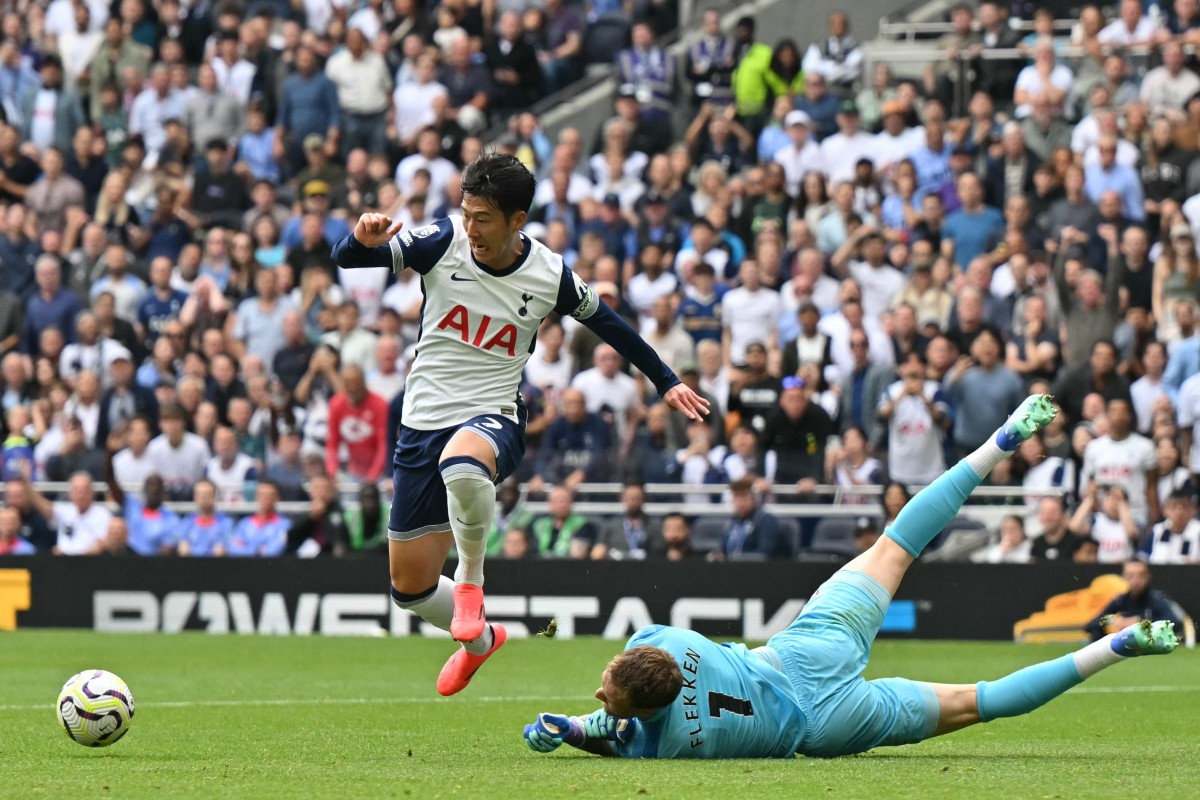South Korean striker Son Heung-min recently expressed concerns about the heavy workload placed on soccer players, highlighting the risk of injuries due to the demanding schedule. His statements came in light of Manchester City midfielder Rodri’s comments about potential strike action and subsequently sustaining knee ligament damage. Son emphasized the physical and mental toll that frequent games and travel take on players, emphasizing the need for proper self-care and rest to prevent injuries. He acknowledged the love for the sport but stressed the importance of player welfare.
City’s Rodri, who is now facing an unspecified absence due to his knee injury, highlighted the issue of players having to play numerous games throughout the season without adequate rest. Son echoed Rodri’s sentiments, pointing out that players are often required to participate in 50 to 60 games, sometimes more, which can take a toll on their health and well-being. The expanding schedule of competitions like the Champions League and the upcoming Club World Cup has intensified the debate over player workload and sparked legal challenges from players’ unions.
Tottenham manager Ange Postecoglou echoed the concerns raised by Son and Rodri, suggesting that players may need to take matters into their own hands to address the issue of fixture congestion. He emphasized the need for players to have a say in decisions that impact their physical and mental health, raising the question of how much players are expected to endure without a collective voice. Postecoglou highlighted the evolving expectations around player participation and the need to prioritize player welfare over the sheer number of tournaments and games in the calendar.
The ongoing debate over player workload in soccer reflects a broader issue within the sport, with concerns about player welfare and the balance between competitive demands and player health. The physical demands of professional soccer, combined with the pressure to perform consistently, can increase the risk of injuries and burnout among players. As the sport continues to evolve and expand, with new competitions and formats being introduced, the conversation around player workload and well-being becomes increasingly important.
In conclusion, the statements made by Son Heung-min and Rodri, along with the responses from managers like Ange Postecoglou, shed light on the urgent need to prioritize player welfare in professional soccer. The growing number of games, tournaments, and travel demands place an immense strain on players, increasing the risk of injuries and reducing overall performance. As the sport continues to evolve, it is crucial for stakeholders to consider the long-term impact of the schedule on players’ health and well-being, and work towards striking a balance that ensures both competitive success and the welfare of the athletes. Players may need to take collective action to advocate for their rights and push for reforms that prioritize their physical and mental health in the face of an increasingly demanding schedule.









